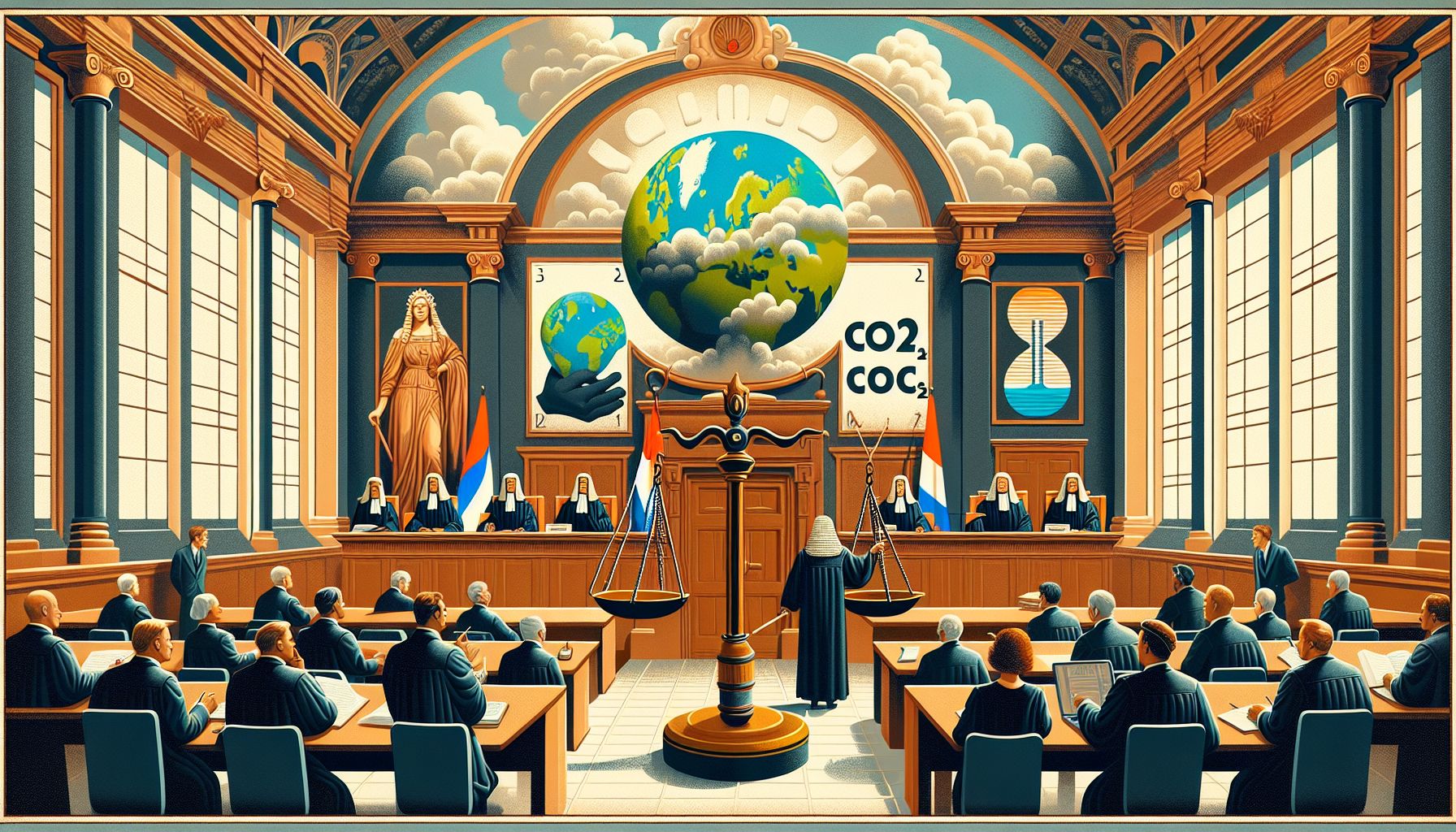Shell Wins Landmark Climate Appeal: Dutch Court Overturns Emissions Reduction Order

The Hague, Tuesday, 12 November 2024.
A Dutch appeals court has overturned a 2021 ruling that required Shell to cut CO2 emissions by 45% by 2030. While affirming Shell’s obligation to reduce emissions, the court deemed it unable to specify a percentage, marking a significant shift in corporate climate litigation.
Background and Context
The original ruling in 2021 by a district court in The Hague marked a historic moment in climate litigation. It was the first instance where a private company was legally required to align its operations with the Paris Climate Agreement. The case was initiated by Milieudefensie, the Dutch branch of Friends of the Earth, along with over 17,000 Dutch citizens. They demanded that Shell reduce its carbon emissions significantly, a move seen as essential to limit global warming to well below 2 degrees Celsius above pre-industrial levels, as outlined in the Paris Agreement[1][2].
The Court’s Rationale
In its recent decision, the appeals court acknowledged Shell’s obligation to limit its CO2 emissions but refrained from mandating a specific percentage reduction. The court argued that there is currently insufficient consensus in climate science to impose a particular reduction target on a single company like Shell. Moreover, it highlighted that Shell is already taking steps to reduce its scope 1 and 2 emissions, which pertain to its direct operations and the electricity it purchases. The court noted the impracticality of enforcing reductions in scope 3 emissions, which involve emissions from the use of Shell’s products by consumers. It reasoned that ceasing the sale of fuels would not guarantee a reduction in overall emissions, as other companies could fill the resulting supply gap[3][4].
Reactions and Implications
Shell CEO Wael Sawan expressed satisfaction with the court’s decision, describing it as favorable for the global energy transition and the company’s future. On the other hand, Milieudefensie and other environmental groups perceived the ruling as a setback, with Donald Pols, Director of Milieudefensie, emphasizing the ongoing nature of the struggle against climate change. The ruling has broader implications, potentially influencing how courts globally handle similar cases against major polluters. The case has inspired around 2,000 other climate lawsuits worldwide, highlighting its significance in the global environmental movement[5][6].
Future Prospects
Looking ahead, the decision can be appealed to the Dutch Supreme Court, offering a potential avenue for further legal action. Meanwhile, Shell continues to pursue its goal of becoming a net-zero emissions energy company by 2050. The decision arrives amid COP29 climate talks in Azerbaijan, underscoring the ongoing international dialogue about effective climate action. This case emphasizes the intricate balance between corporate responsibility and governmental policy in addressing climate change, a debate likely to continue in various jurisdictions around the world[7][8].

